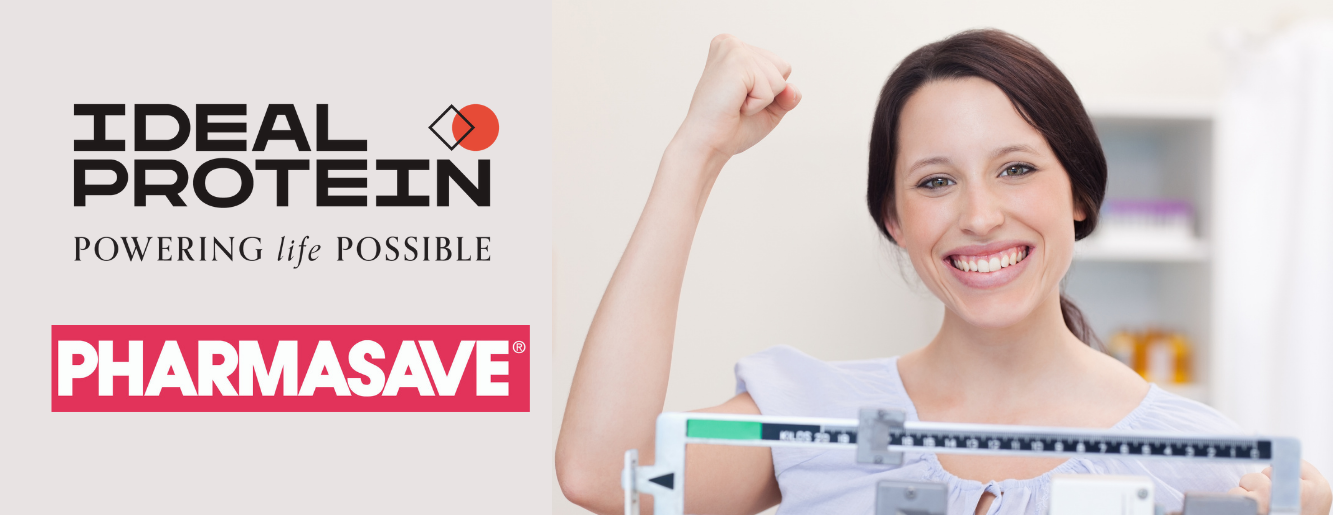Christine Cheng, B.Sc. (Pharm) and Dr. Henry Cheng
Many people are becoming more aware of the presence of certain ingredients in their health and beauty aid products because of the possible effects on their health, especially with long-term exposure. We often see claims on beauty aid products such as “All Natural!”, “Organic Ingredients!”, “Paraben-free!”, “No Sulfates!”, “ No Lauryl sulfate!”, etc. Let’s take a quick look at a few of these controversial ingredients.
The term “parabens” (e.g., methyl paraben, ethylparaben) refers to a group of chemicals used as a stabilizer to help prolong the shelf-life of beauty products. They are used in just about every type of beauty aid product, from eye shadow to foundation to lipstick and lip balm. These compounds are a concern because following absorption through the skin, they may interrupt the endocrine (hormone) system in the human body. There is some evidence that they may even have estrogenic effects. They are also commonly found to be the culprit behind allergic reactions.
Sodium benzoate is a commonly used food preservative and has also been used in cosmetic products. There have been concerns that a chemical reaction between sodium benzoate and vitamin C (ascorbic acid) can result in the formation of benzene, a known mutagen, carcinogen, teratogen, neurotoxin and allergen that has been banned from use in cosmetics in Canada. Most studies investigating the formation of benzene has been done on food products, i.e., exposure is through the oral route, but certain cosmetic companies highlight the fact that they do not use sodium benzoate as they believe the risk of this reaction occurring may exist in cosmetic products as well.
EDTA (ethylenediamine tetraacetic acid) and its salts (e.g., calcium EDTA, diammonium EDTA, disodium EDTA, etc) are chelating agents used in cosmetics, foods, medicines and other household products to prevent rancidity, maintain clarity, and protect fragrance compounds. These compounds are harmful to the cell and its genes, but have not been found to be carcinogenic. Oral intake in quantities greater than those typically found in foods has been shown to be teratogenic. Although EDTA salts are not well-absorbed through the skin and thus on its own poses little concern, there is potential for it to bind to and increase the penetration of other compounds into the skin.
DEA/MEA/TEA (di-/mono-/tri-ethanolamine) are compounds used to adjust the pH and as foaming agents in cosmetics & personal care products. They can cause allergic reactions, irritation, and dryness of the hair and skin. As they are absorbed through the skin, there is a hypothetical risk of health effects throughout the body.
PVC (polyvinylchloride) is a commonly used, naturally hard plastic often used to make children’s toys & other consumer products. Phthalates are added to PVC to make it soft and malleable, whereas heavy metals (e.g., lead, cadmium) are added to make PVC more rigid. Exposure to the phthalates and heavy metals may cause liver, kidney and reproductive damage and learning and behavioral defects, respectively.
Sodium Lauryl Sulfates (SLS’s) are widely-used foaming agents found in shampoos, toothpastes, lotions, and cosmetics. SLS’s have been found to cause irritation to the eye and skin, and are common causes of allergic reaction to products that contain these chemicals.
Even the scent or parfum and coloring agents used to make health and beauty products more aesthetically pleasing can be a cause of allergy and irritation, especially with long-term use. In addition to watching what we eat to minimize our exposure to pesticides and other chemicals, it is increasingly important to be aware of what we put on our bodies. Seeking products that contain organic components would help minimize exposure to pesticides used in the cultivation of herbs or plants from which essential oils are derived. Keep in mind that just because something is touted to be “natural”, does not mean it is void of pharmacological properties and side effects. For example, the same white willow bark extract that claims to reduce redness in the skin could cause skin irritation in a sensitive person. Make a habit of reading the label including the fine prints. Seek out product lines that are manufactured by companies that are known to be reliable and have an established reputation in the naturopathic industry. One such company is Thorne Research. They produce a line of beauty aid products named Thorne Organics that is free of allergens, carcinogens, and harmful substances. They are so careful that they even avoid the inclusion of even whey and gluten. They do not use synthetic scents, insisting on using natural essential oils in all their scented products. If you’re curious how your health and beauty products compare, take a look at the Environmental Working Group’s “Skin Deep” Cosmetic Database, or consult a reliable health care professional.
Christine Cheng is a registered pharmacist with training in natural products. Henry Cheng is a graduate of the University of London, England and is now Natural Products Consultant in the family owned Pharmasave in downtown Cloverdale.




